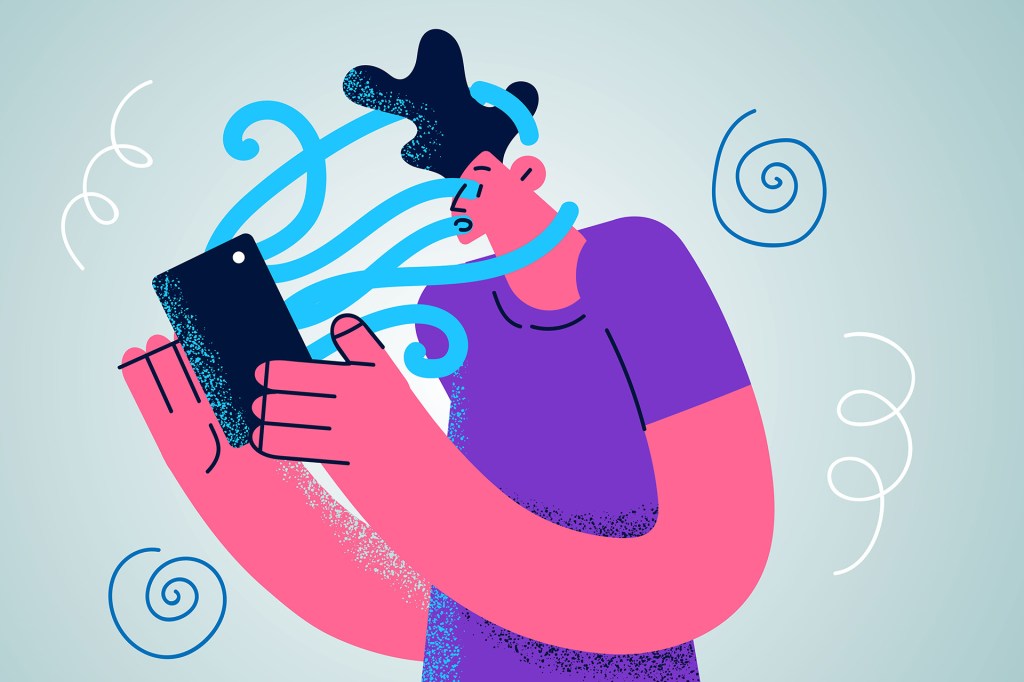Sound the Alarm
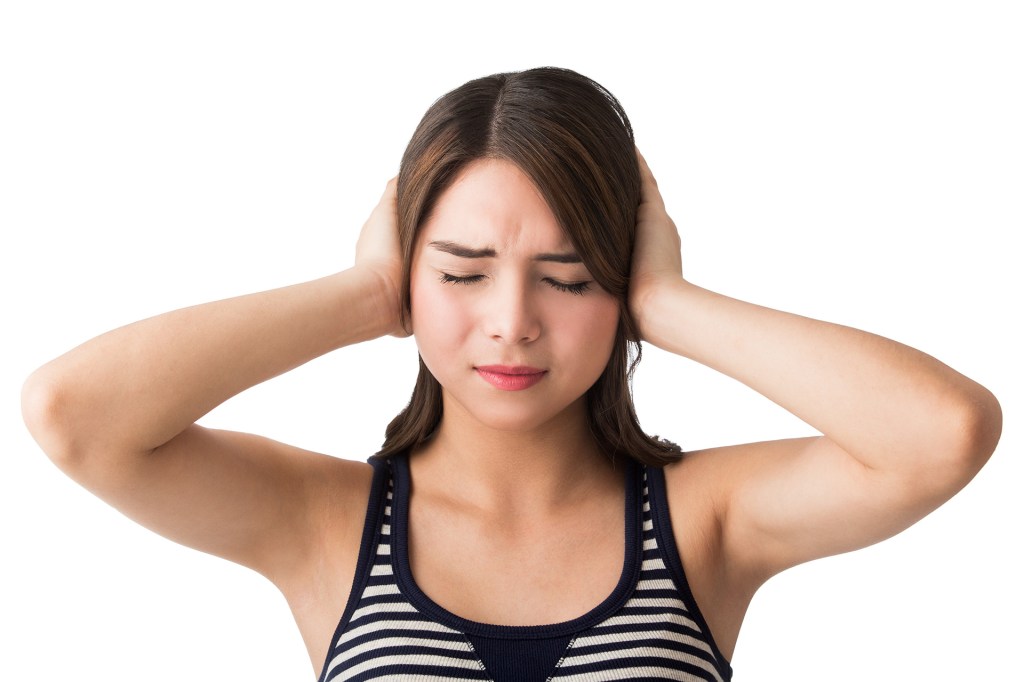
For years, parents have been telling kids to turn down the music. But now it’s more important than ever for young people to hear the message.
Phones, iPads, and other devices deliver music that is crystal clear and louder than ever. That may sound like a good thing, but it is not so good for the health of the ears.
A new study confirms the danger. Scientists gave hearing tests to 170 students ages 11 to 17. The results showed that nearly 30% had tinnitus, a condition that causes ringing in the ears. Ringing can be the result of a sudden loud noise. In that case, it is likely to go away. But constant ringing is a sign of trouble.
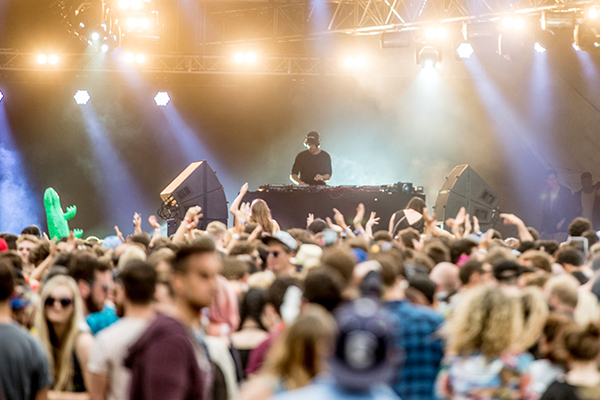
Music at a rock concert can register up to 110 decibels.
OLLIE MILLNGTON—REDFERNS/GETTY IMAGES“These weren’t kids who had just come from a rock concert,” Dr. Larry Roberts, one of the study’s authors, told TFK. “We made sure they hadn’t heard any loud sounds for a day or two.”
Since the kids’ tinnitus is a continuing condition, it is not likely to go away. Ongoing ringing in the ears is a sign of hearing loss. “There’s no medical cure for tinnitus,” warns Roberts. “These students will require hearing assistance earlier in life than [others] who don’t have tinnitus.”

Listening to loud music on electronic devices can be harmful to your ears.
SUSAN CHIANG—GETTY IMAGESThe study’s authors blame the increase in tinnitus on what they call “risky listening habits.” Ninety percent of students in the study reported using earbuds for extended periods of time. They also reported attending rock concerts and listening to loud music often.
The Science of Sound
Scientists measure sound in units called decibels. A whisper to a friend registers
register
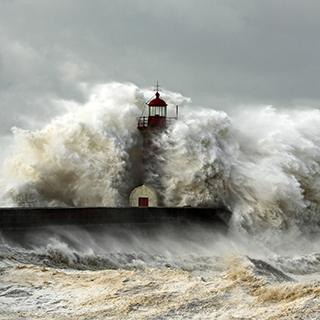 ZACARIAS PEREIRA DA MATA—GETTY IMAGES
record; come in at
(verb)
The hurricane registered wind speeds of 90 miles per hour.
about 10 decibels, while music at a rock concert can reach a 110-decibel roar. Sounds louder than 85 decibels put hearing at risk (see “Sound Too Loud?”).
ZACARIAS PEREIRA DA MATA—GETTY IMAGES
record; come in at
(verb)
The hurricane registered wind speeds of 90 miles per hour.
about 10 decibels, while music at a rock concert can reach a 110-decibel roar. Sounds louder than 85 decibels put hearing at risk (see “Sound Too Loud?”).
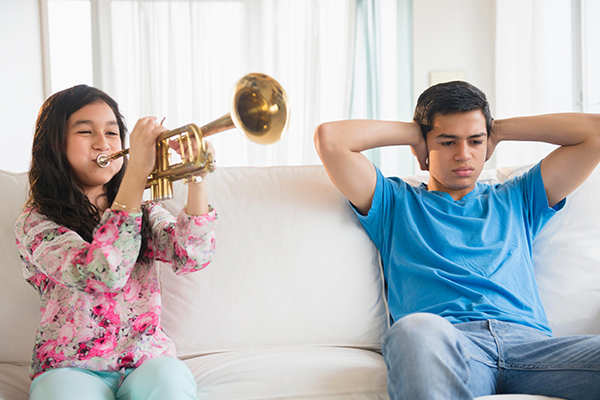
Standing too close to loud instruments can cause tinnitus, or ringing in the ears.
JAMIE GRILL—JGI/BLEND IMAGES/ALAMYEach one-decibel rise produces a sound that is 10 times louder. A 100-decibel thunderclap, for example, is 10 billion times as intense as the lowest
Doctors compare the hair cells in the ears to pipe cleaners. They say the effect of loud noise on the hair cells is similar to what happens to a bunch of pipe cleaners when they are shaken: They get twisted and bent. Hair cells can repair themselves, but too much abuse can destroy them. Damaged hair cells lead to hearing loss.
Dial It Down
Aside from the threat of future hearing loss, students with tinnitus also face immediate effects. They are more sensitive to loud sounds. They may have difficulty concentrating and trouble sleeping.

Loud sounds can cause permanent hearing loss.
RICHARD B. LEVINE—CORBIS/GETTY IMAGESWhat can you do to keep your hearing sharp? Follow the 60/60 rule. Set the volume under 60%. Don’t use a device for more than 60 minutes a day.
Roberts says he understands that listening to loud music can be enjoyable, so attending concerts isn’t off-limits. But if you go to concerts, invest in hearing protection. “You can get pretty cool earplugs on the Internet,” he says. “You can also get uncool ones at a drugstore for a couple bucks.” Both do the job.
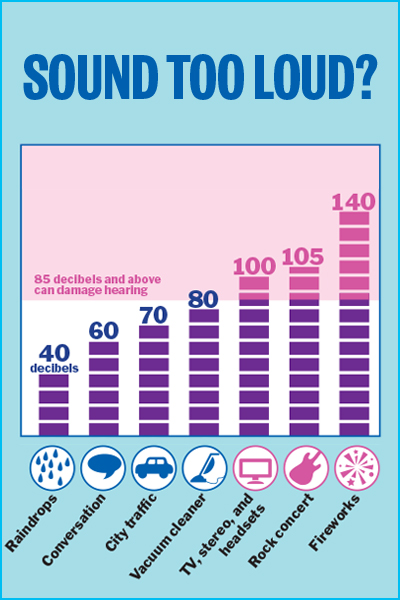
Loud sounds create strong vibrations that can cause permanent hearing loss. Long-term exposure to a sound that measures 85 decibels and up can be dangerous to hearing. Look at the chart to discover how typical sounds measure up.






